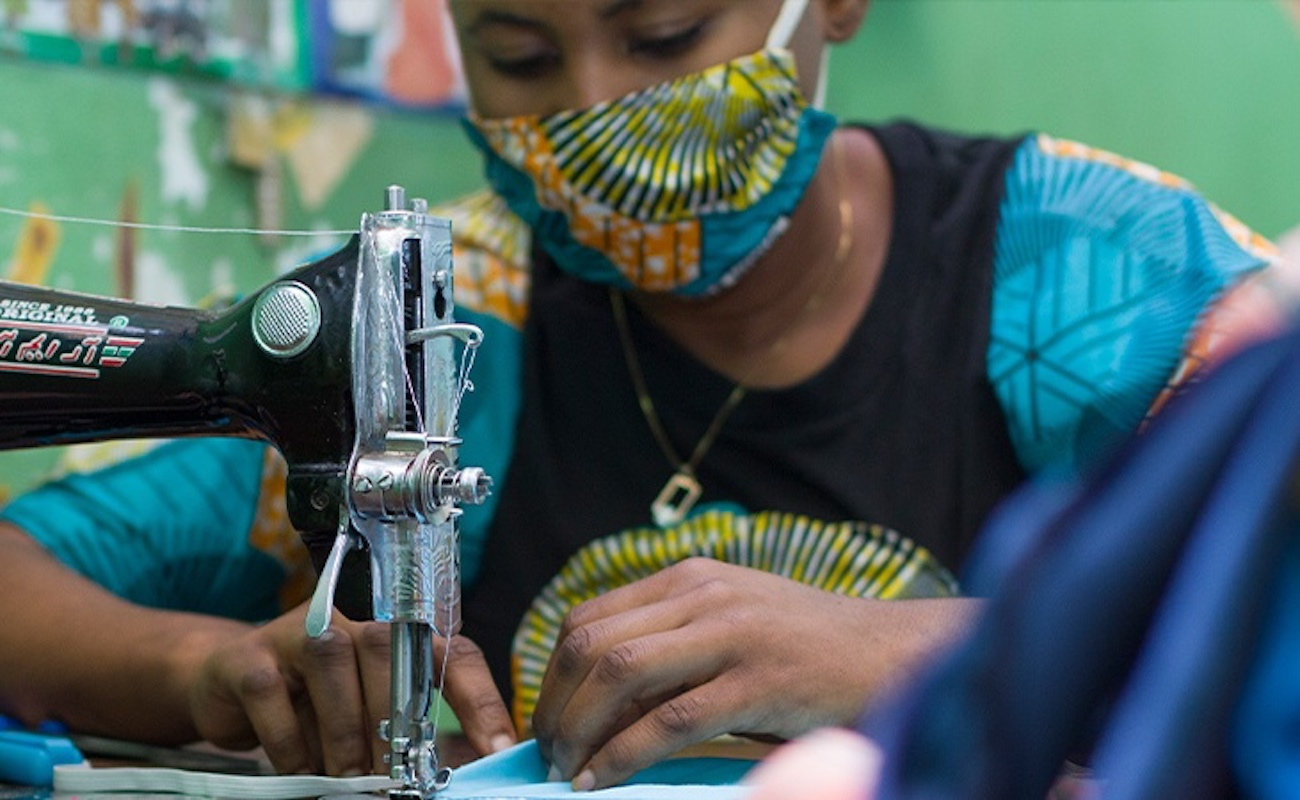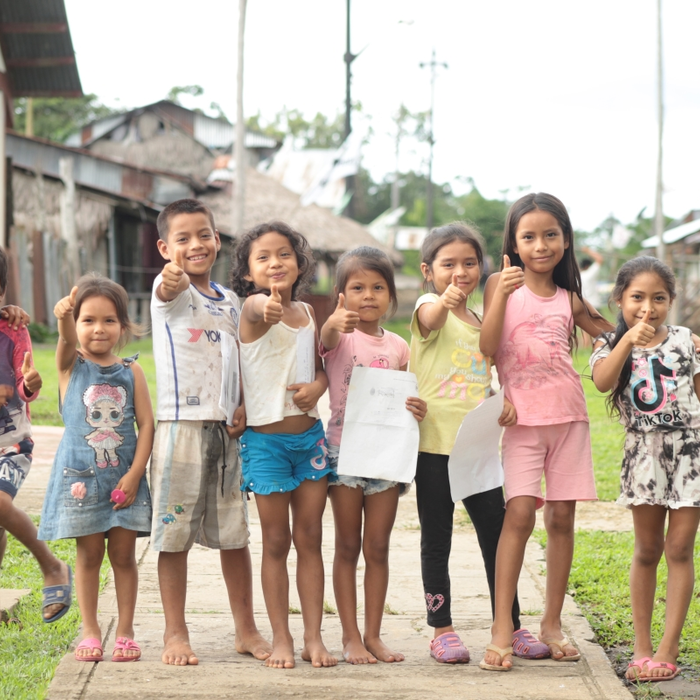Pivoting in a Pandemic: Congolese Youth Produce Masks and Hygiene Products to Fight Spread of COVID-19
USAID’s Integrated Youth Development Activity participants use their technical and workplace skills to support their community
 Photo Credit: EDC/IYDA
Photo Credit: EDC/IYDA
This is the first blog post in our new Pivoting in a Pandemic series. In each blog post, we'll highlight how different programs responded to COVID-19. This first post focuses on USAID's DRC Integrated Youth Development Activity (IYDA).
As of July 2020, COVID-19 has claimed the lives of over half a million people worldwide and has infected more than 15 million people. Countries with tenuous healthcare systems and resources are especially at risk during the global pandemic. In the Democratic Republic of Congo (DRC), where the death rate has been relatively low, participants in the U.S. Agency for International Development’s (USAID) DRC Integrated Youth Development Activity (IYDA), implemented by the Education Development Center, have worked diligently to combat the spread of COVID-19 within the community.
The country is still recovering from the recent Ebola and cholera outbreaks, and pharmacies do not have enough supplies to support the South Kivu community and surrounding areas. Considering the clear need for government-recommended masks and hygiene products, the IYDA participants were poised to provide a solution.
Twenty-five participants within the IYDA program assisted in the fight against the virus through a variety of activities, including:
- Making and producing masks
- Making hand-wash basins
- Producing hygiene products (e.g. buckets, soaps)
- Marketing hygiene products
At the peak of the COVID-19 pandemic, the youth produced 600-700 masks per week. Since they began, they have developed more than 7,400 masks. In the spirit of public/private partnerships, local organizations and companies helped support this project through the supply of inputs and materials for the masks and accompanied the youth in promoting and marketing the masks and hygiene products.
IYDA aims to increase the resilience of young people in the eastern part of DRC. The activity supports inclusive learning pathways and economic opportunities for vulnerable youth. After completing learning basic training courses in reading/writing and mathematics, IYDA youth learn behavioral skills and also receive support to find wage-work placement or to establish their own income-generating micro-enterprises.
IYDA participants develop technical skills, leadership competencies, and the ability to take advantage of emerging opportunities — all things that proved valuable as the global pandemic produced a new set of needs.
By providing these masks and hygiene products and marketing them to their community, young people do more than help fight a pandemic; they develop skills for the future. One such participant, Aimerance, was part of the first IYDA cohort where she learned tailoring and sewing. As COVID-19 cases began to arrive in DRC, she learned how to make non-medical face masks from radio and social media. She immediately pivoted from her job making women’s outfits and got to work making masks. Participants like Aimerance are learning how to work in a network of complementary businesses, diversify their activities in existing economic value chains, and serve as role models mentoring the next generation of youth.
Related Blog Posts

Unlocking a World of Learning

Make the Most of Your USAID Learning Network Membership
